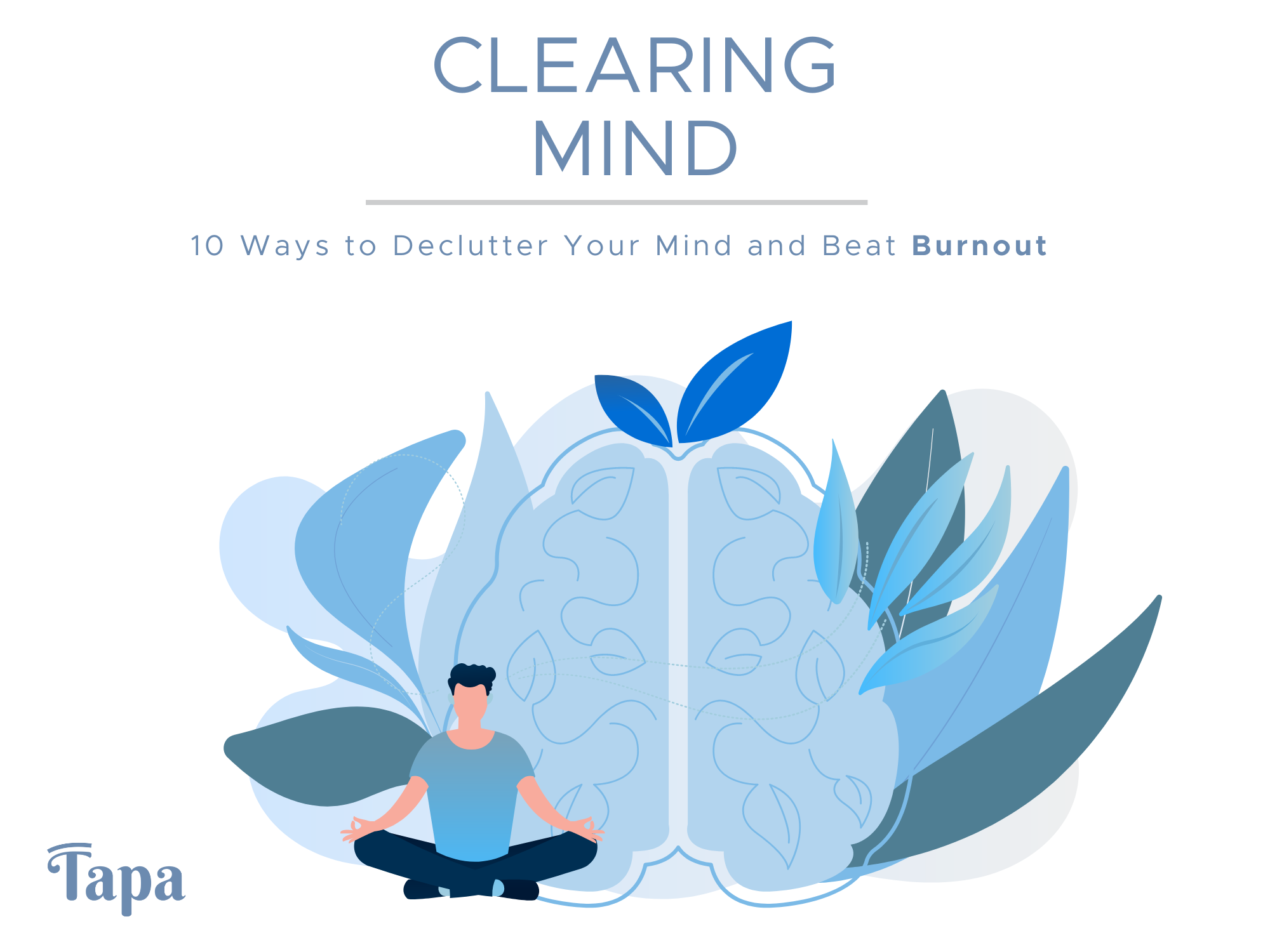Like our physical spaces, our minds can become cluttered too. So, if you are feeling overwhelmed and burnt out, it might be time to declutter your mind.
Read on to know about ten friendly and compassionate tips to help you clear your mental space and reclaim your peace of mind.
- Set Priorities
Prioritising is a brilliant way to take charge of your life. Identify the things that matter most to you, your aspirations, and your long-term goals. List your top priorities and ensure your actions reflect them. Regularly check in with yourself to adjust your priorities as needed, allowing your goals to evolve as you do.
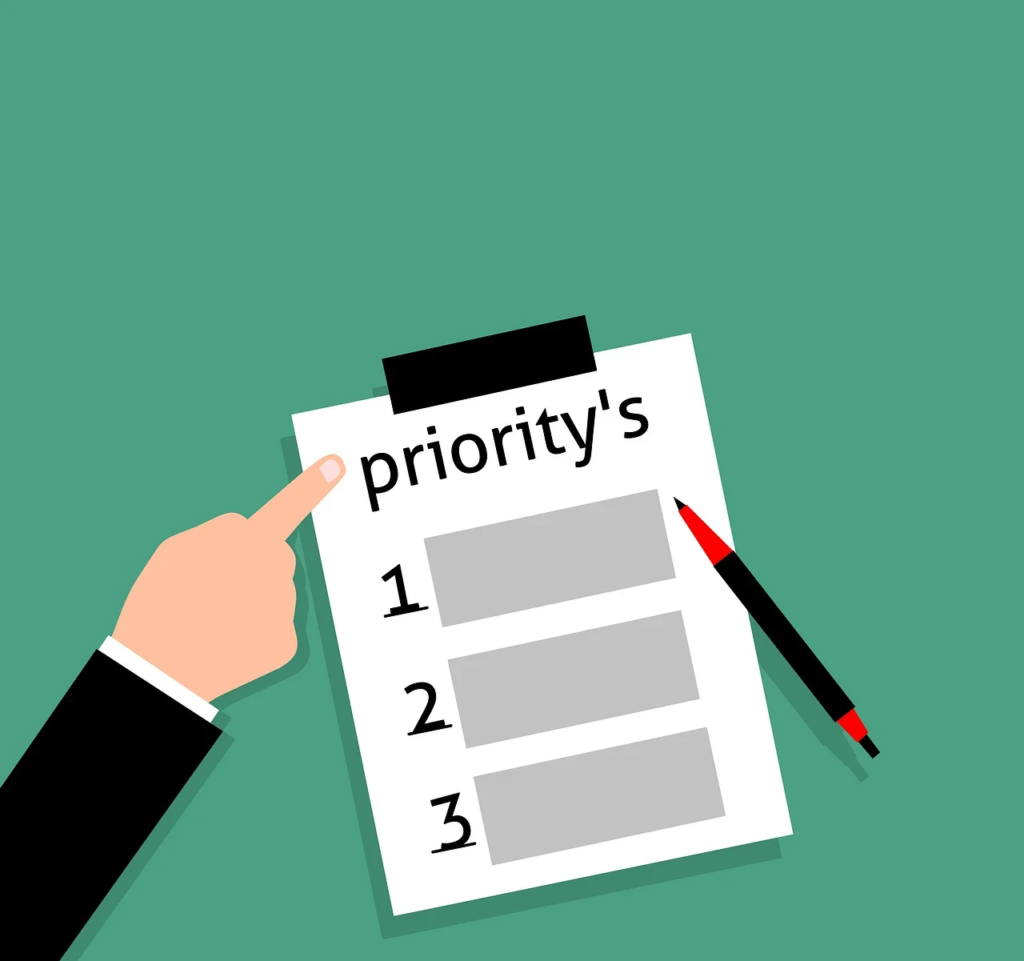
- Keep a Journal
Journaling is a fantastic method to organise your thoughts and relax your mind. Writing about your day or your feelings can help you process emotions and reduce anxiety. You don’t need to be a great writer; even simple bullet points can work wonders. Journaling can help you manage stress and gain clarity on what’s truly important.

- Learn to Let Go
Holding onto negative thoughts and emotions can weigh you down. Practice letting go of worries and fears that no longer serve you. Replace negative thoughts with positive affirmations. This shift in mindset can reduce stress and boost your self-esteem, freeing up mental space for more productive thoughts.
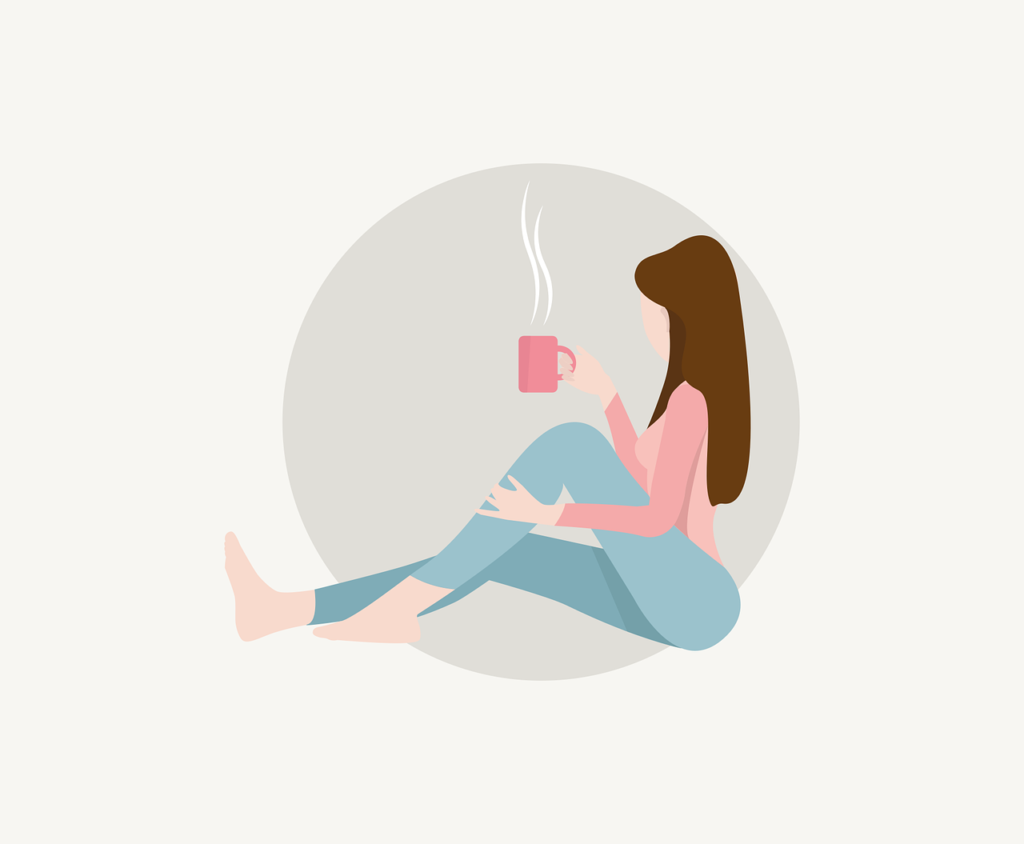
- Avoid Multitasking
Multitasking might seem efficient, but it often leads to increased stress and reduced productivity. Focus on one task at a time. Create a simple and realistic to-do list, tackling the most important tasks first. This approach will help you stay organised and improve your concentration.
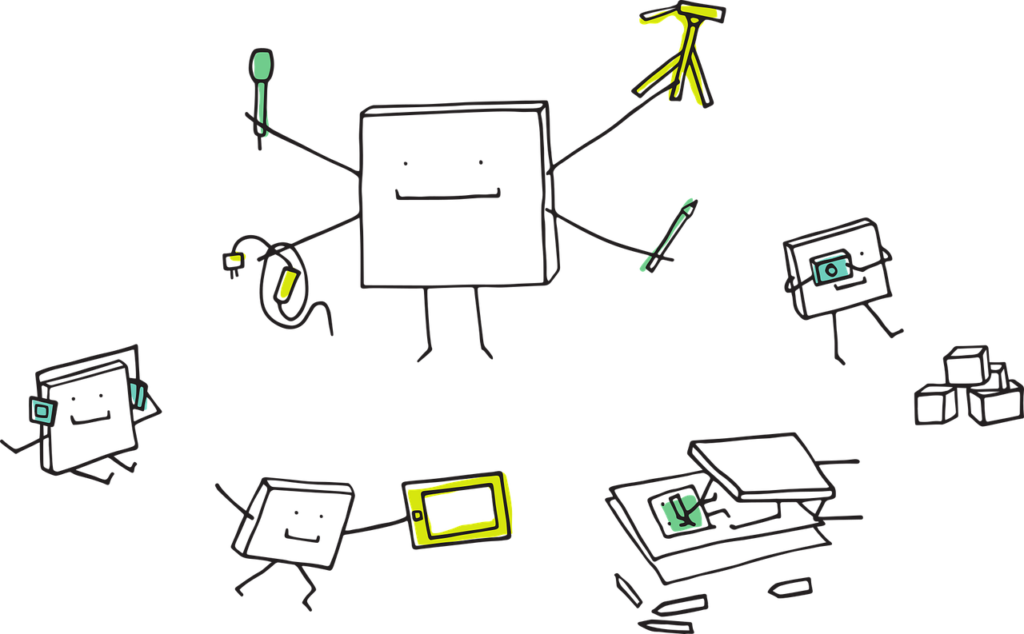
- Breathe
Deep breathing exercises can instantly calm your mind and body. Take a moment to breathe deeply, inhale through your nose, hold for a few seconds, and exhale slowly. This simple practice can reduce stress, lower your heart rate, and improve your overall mood. Incorporate deep breathing into your daily routine for a quick mental refresh.

- Declutter Your Workspace
A tidy workspace can significantly boost your efficiency and reduce frustration. Remove non-essential items from your desk and keep everything organised. Spend a few minutes at the end of each day tidying up your workspace to maintain a clean and calm environment.
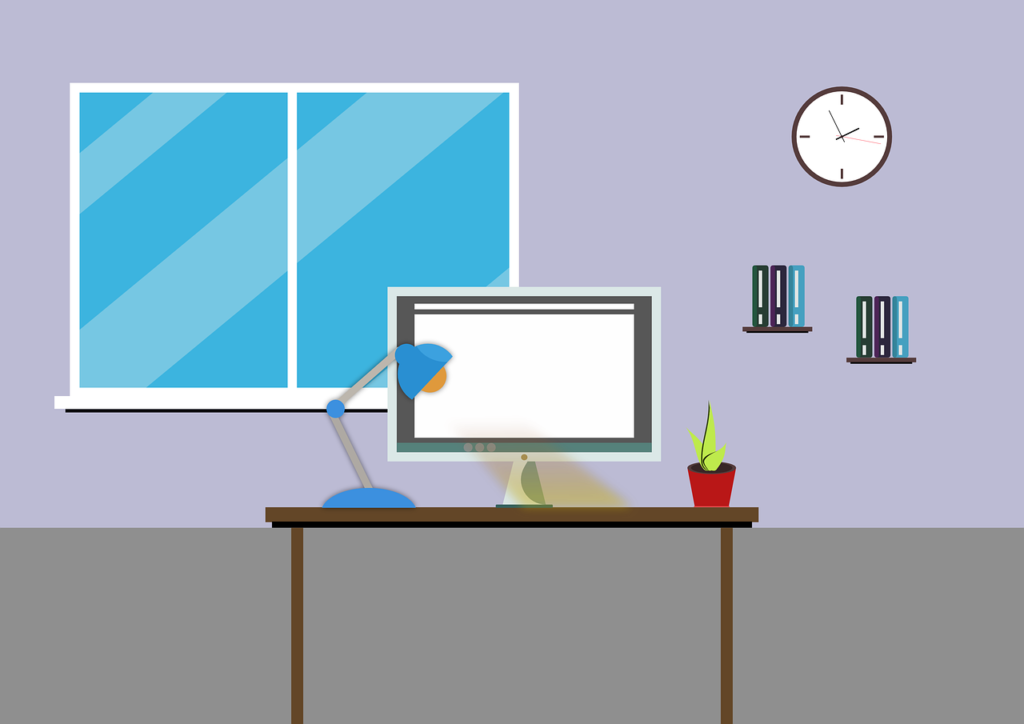
- Be Decisive
Procrastination often leads to mental clutter. Make decisions promptly, whether they’re about everyday tasks or significant life choices. For more critical decisions, evaluate the pros and cons carefully, and once decided, don’t look back. Being decisive will help clear your mind of unnecessary worries.

- Share Your Thoughts
Talking to someone you trust about your feelings can provide relief and new perspectives. Sharing your thoughts can help you process emotions and find solutions to problems. Don’t hesitate to reach out to friends, family, or even a professional if needed.

- Limit Media Intake
The media you consume greatly affects your mental health. Too much information, especially negative content, can overwhelm your mind. Set limits on your screen time, particularly on social media, and be selective about the content you engage with. Regularly organise your email and unsubscribe from unnecessary newsletters to reduce digital clutter.

- Take Time to Unwind
Lastly, make time for relaxation. Your brain needs breaks to recharge and function efficiently. Switch off your gadgets and do something that brings you joy, whether it’s a long walk, a good book, or a creative hobby. Taking regular breaks will help you maintain a healthy balance and prevent burnout.
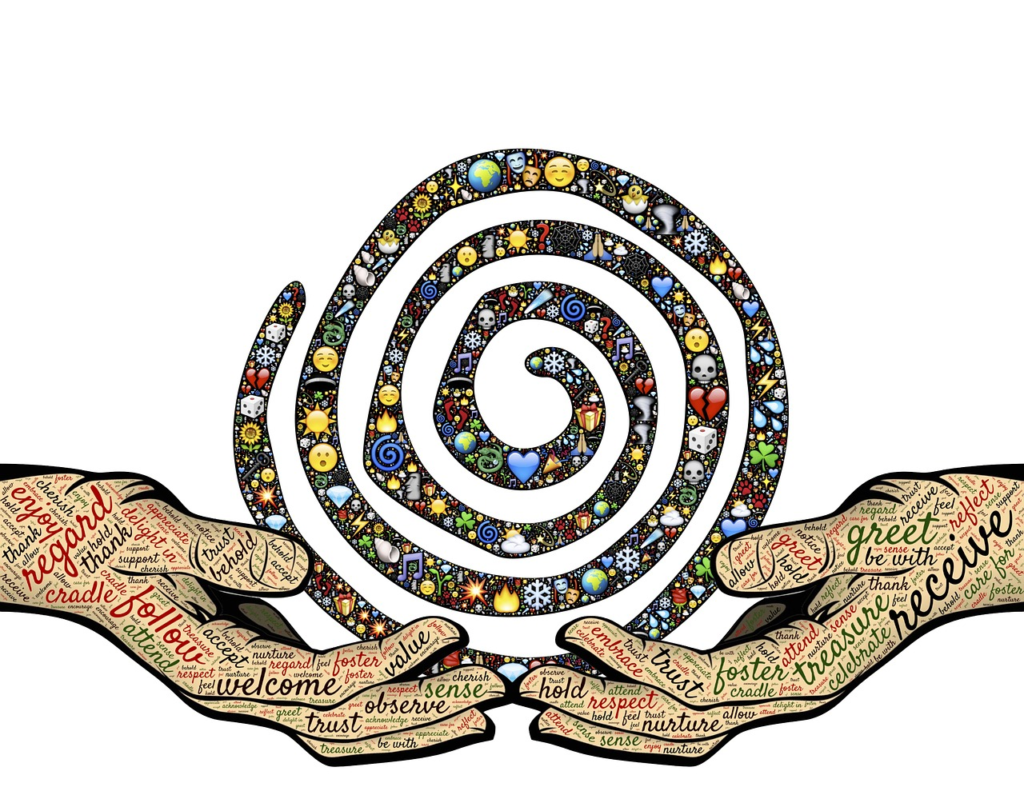
Source
Decluttering your mind is a journey, not a one-time task. Be patient with yourself and incorporate these tips into your daily routine. By prioritising mental clarity, you’ll find yourself feeling more focused, less stressed, and better equipped to handle life’s challenges.
Take a deep breath and start today – your mind will thank you for it.

